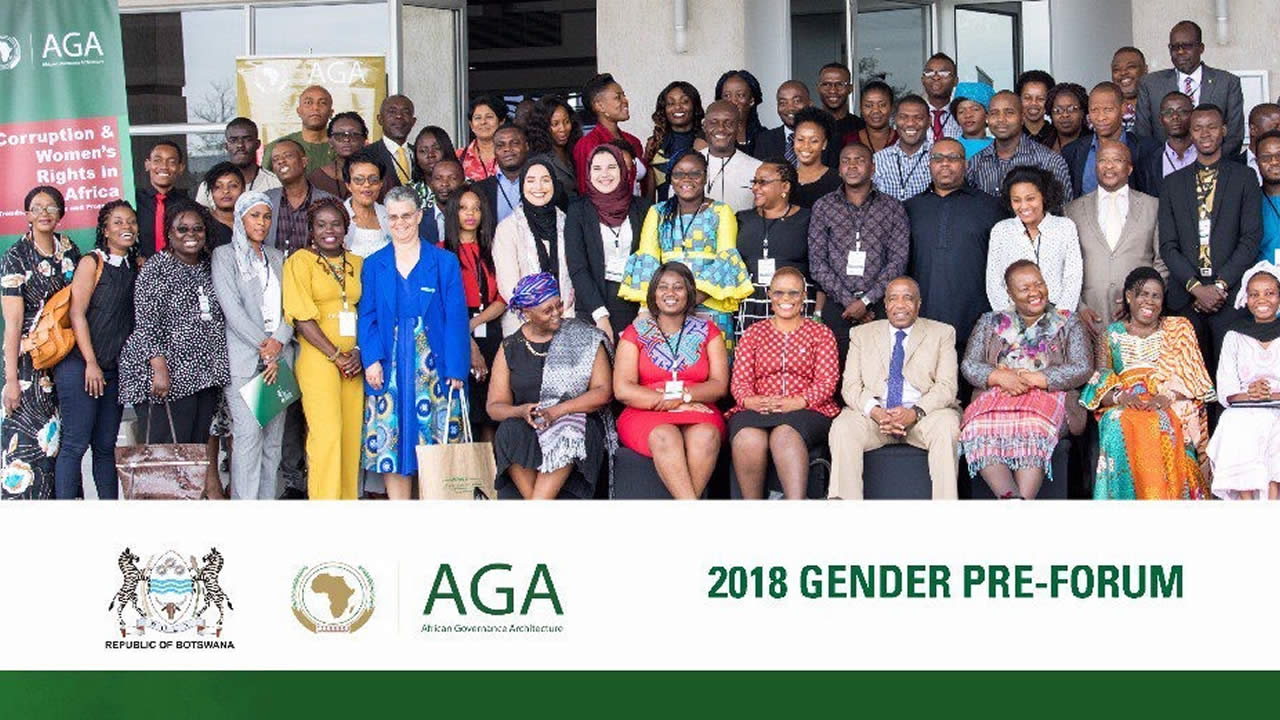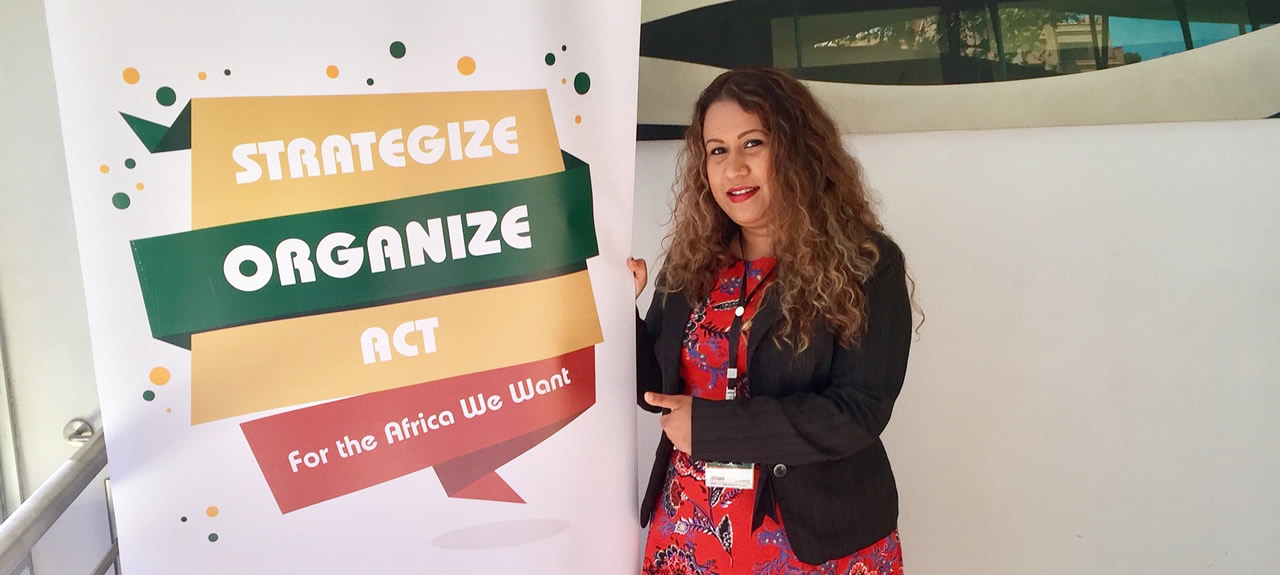
The International Anti-Corruption Day is celebrated on the 9th of December every year to raise awareness of corruption and of the role of the United Nations Convention against Corruption in combating and preventing corruption.
Transparency International defines corruption as “the abuse of entrusted power for private gain.” Corruption can be classified as grand, petty and political, depending on the amounts of money lost and the sector where it occurs. Grand corruption consists of acts committed at a high level of government that distort policies or the central functioning of the State, enabling leaders to benefit at the expense of the public good. Petty corruption refers to everyday abuse of entrusted power by low- and mid-level public officials in their interactions with ordinary citizens, who often are trying to access basic goods or services in places like hospitals, schools, police departments and other agencies. Political corruption is a manipulation of policies, institutions and rules of procedure in the allocation of resources and financing by political decision-makers, who abuse their position to sustain their power, status and wealth. (source: www.transparency.org)

As stated by the UN Secretary-General, António Guterres, corruption is present in all countries, rich and poor, North and South. Corruption is a serious crime that can undermine social and economic development in all societies. No country, region or community is immune. Corruption lies at the heart of underdeveloped regions of Africa. In fact, in any country in Africa, corruption is always hitting the headlines of all newspapers and prevalent on social media. Corruption exists at all levels and is very often linked to conflicts. So, it is imperative for us to fight against corruption.
2018 Gender Pre-Forum
I had the great privilege to be invited by the African Union to participate in two conferences on Corruption: 2018 Gender Pre-Forum and 2018 High-Level Dialogue on Democracy, Human Rights and Governance, which took place in Gaborone, Botswana from 26 to 30 November. These two events were organised by the African Governance Architecture (AGA) Secretariat in collaboration with the African Union Advisory Board on Corruption and the Government of the Republic of Botswana. The Gender Pre-Forum was convened under the theme: “Corruption and Women’s Rights in Africa: Trends, Challenges and Prospects” whereas the High-Level Dialogue was convened under the African Union theme of the year: “Winning the fight against corruption: A sustainable path to Africa’s transformation.” Leaders from all over Africa, representatives of public sectors, private sectors and CSOs, media and other key stakeholders attended both conferences.
The aim of the Gender Pre-Forum was to strengthen understanding and appreciation among key stakeholders on the gendered impact of corruption and innovative actions that can be taken to enhance the role of women in the fight against corruption in Africa. The discussions were very interesting and it was a great honour to have our compatriot Lovania Pertab, chair of Transparency Mauritius, as one of the panelists. We had the opportunity to share the issues of corruption in the Mauritian context to the participants.
Corruption is a barrier to gender equality in Africa. If we do not tackle corruption, it means that women will not appreciate their rights. Women are more exposed to corruption, as they are more likely to be asked for sexual favours in exchange of jobs or promotions. Both men and women must work together to combat corruption. The fight starts with us, from our individual person and home and only then, we can go out and change the world. By empowering women, we tend to reduce corruption. There is the need to have more women in high positions but we all agreed that it is not about numbers but about quality as corruption has no gender and no age. Women in high positions are likely to be as corrupt as men in the same positions.
The High-Level Dialogue was an opportunity to share comparable lessons and experiences by various stakeholders on the fight against corruption and how the continent can rid itself of this scourge. The High-Level Dialogue also gave fresh impetus to normative and institutional anti-corruption processes that have been initiated at national, regional, continental and international levels to accelerate the attainment of Africa’s democratisation and development goals in line with Agenda 2063 - The Africa We Want - and the 2030 Global Goals on Sustainable Development.
The highlight of the High-Level Dialogue for me was the one-on-one chat with Anas Aremeyaw Anas, who is an undercover investigative journalist and attorney at law from Ghana. He uses prosthetic masks, wigs, and hidden-cameras as he exposes corruption, organised crime and Human Rights abuses in Africa. In disguise, he finds his way into asylums, brothels and villages, where he methodically gathers evidence for hard-hitting stories and then presents the evidence to authorities to see criminals prosecuted. Anas wears facemasks and wigs in public to protect his identity. The former US president Barrack Obama commended him as “a courageous journalist who risked his life to report the truth.” It was amazing to listen to him sharing about his experiences. I hope there will be more and more people like him who are not afraid to expose corruption in Africa.
To conclude, I would say that corruption should be defeated without leaving anyone behind. All stakeholders should be part of this fight: the government, the public and private sectors, NGOs... We need fearlessness to deal with corruption. There is a need for political will and political courage to be able to defeat corruption. Good governance plays a big role in fighting corruption. Whistleblowers must be protected. There is a need for sustainable leadership and to change the mindset of society. Education is the key to change the corruption culture. We need to create a culture where everyone who is corrupt should feel frightened. At the end of these two conferences, policy recommendations were made for further presentation at the January 2019 African Union Summit to advance the fight against corruption at all levels and hence to meaningfully contribute towards the realisation of Aspiration 3 of Agenda 2063 which envisions “An Africa of good governance, democracy, respect for human rights, justice and the rule of law.”.
 J'aime
J'aime













